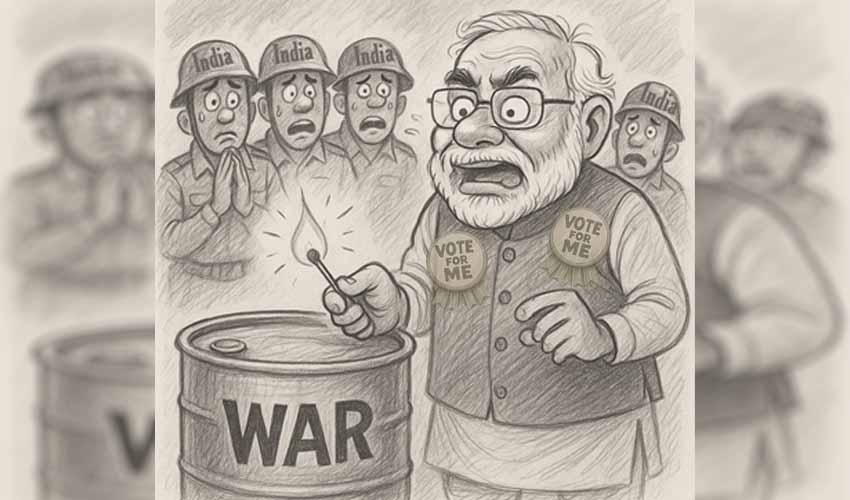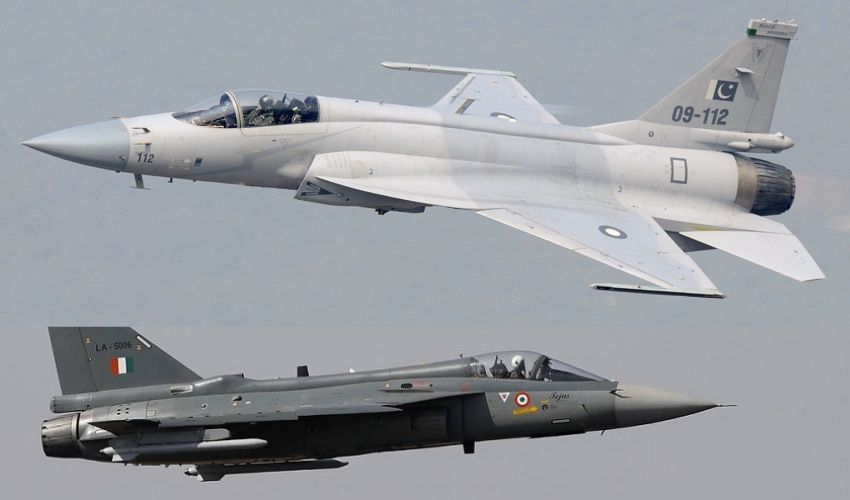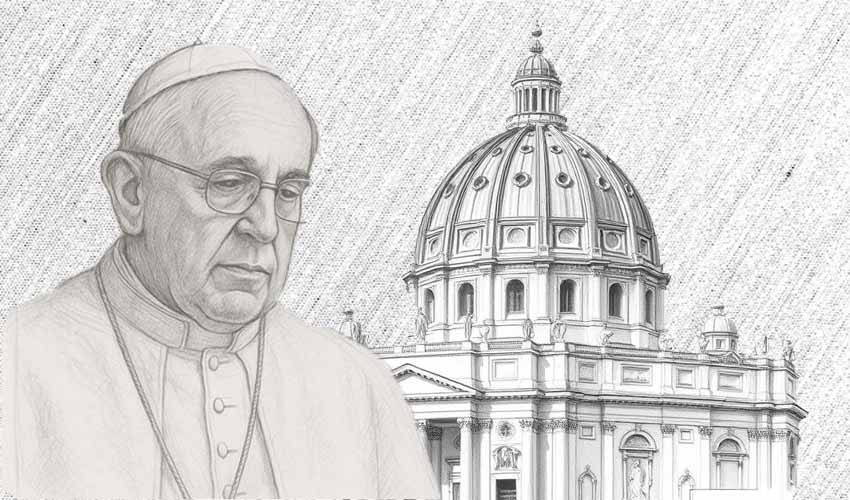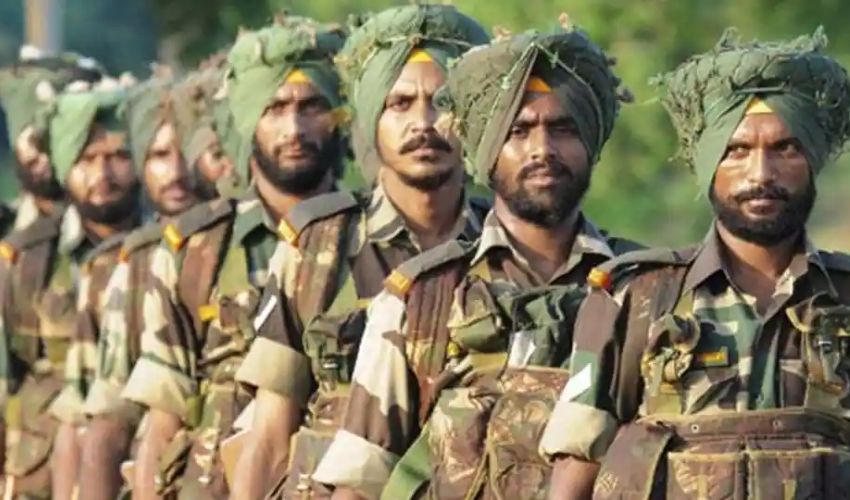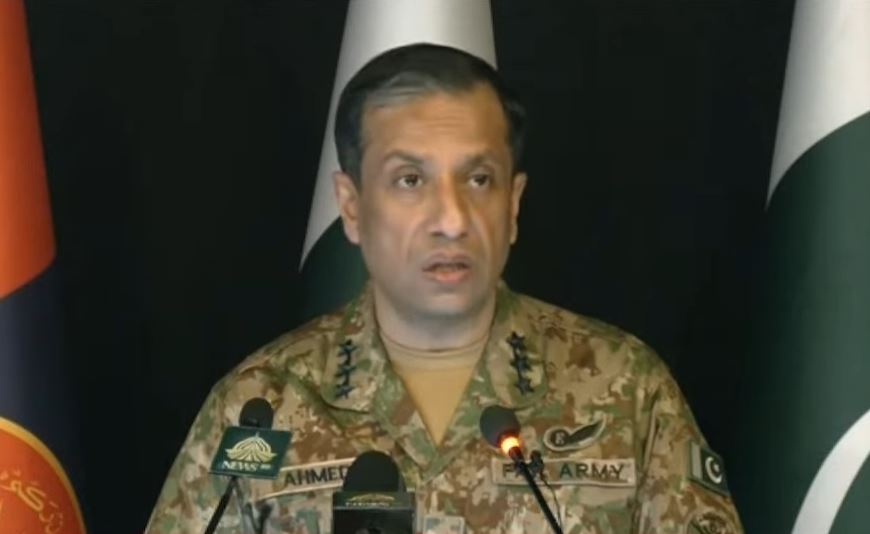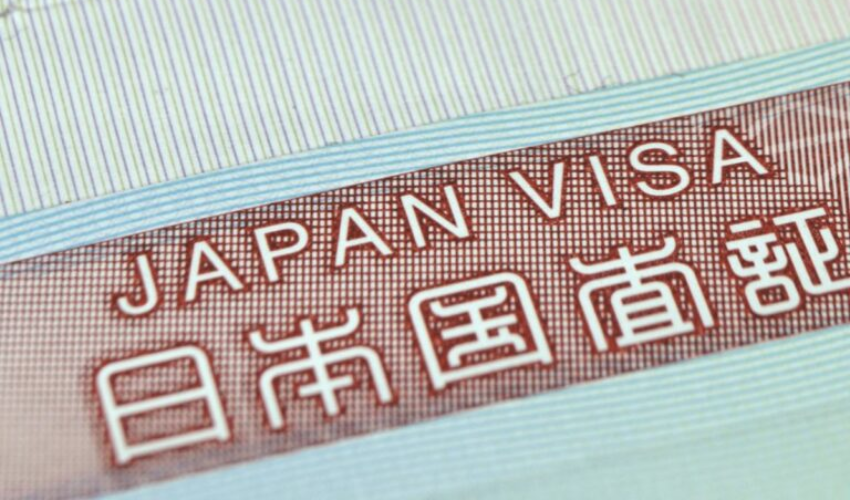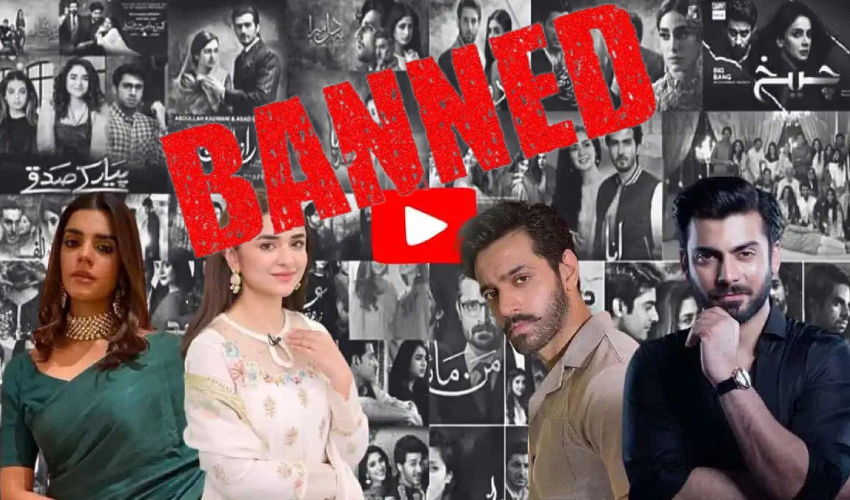It appears the Indian Subcontinent is sleepwalking into a disaster. The locking of diplomacy rooms is followed by the echo of midnight statements and back-to-back war-room meetings. Uncertainty indeed looms large, and the entire world watches both Pakistan and India swaying between peace and chaos. The situation is alarming and demands interventions to woo New Delhi out of madness.
Narendra Modi convened a security meeting at his residence and handed “full operational freedom” to his military brass, supposedly to seek ‘justice’ for Pahalgam incident. This indeed sends a powerful message, not to Pakistan but to the local electorate.
Pakistan has not run from the Pahalgam incident. Tarar rightly points out that Islamabad has already offered a neutral, transparent investigation by a commission of experts. However, India not just rejected it but ignored the gesture entirely. That silence is loud enough to signal that New Delhi’s focus is not on accountability or truth
The evening also saw Inter-Services Public Relations Director General Lt Gen Ahmed Sharif panning unproven allegations and threats, and sharing evidence of India’s involvement in cross-border terrorism inside Pakistan. In addition, Information Minister Ataullah Tarar’s late-night televised address, warning the nation of a possible Indian strike within “24 to 36 hours”, did raise the alarm bells. However, it appears the message was intended more for global leaders, urging them to talk some sense into New Delhi.
First things first, Pakistan has not run from the Pahalgam incident. Tarar rightly points out that Islamabad has already offered a neutral, transparent investigation by a commission of experts. However, India not just rejected it but ignored the gesture entirely. That silence is loud enough to signal that New Delhi’s focus is not on accountability or truth. It wants to stage a muscular response, one that can be sold to the public fired up by the most hysterical primetime anchors the world has seen.
Even more disturbing is the complete absence of adult voices in New Delhi. The opposition has folded like cheap furniture. Its rare support to the Modi government’s stance on Pakistan is not a show of unity but a blank cheque. It is unfortunate that no one is asking questions, demanding proof or talking about consequences, despite knowing that Modi often finds convenience in conflict and never wastes a crisis.
However, the risk here is not just another war – it is a miscalculation. More dangerous than a gun is a loaded one. One wrong move, one soldier pulling the trigger too soon, or one jet crossing too far might start something that the world itself will regret.
Meanwhile, UN Secretary-General Antonio Guterres talking to Prime Minister Shehbaz Sharif and Indian External Affairs Minister S Jaishankar, offering his "good offices" to deescalate the situation, is a welcome and much-needed step. However, merely offering mediation without making both sides sit together to talk things out is not enough.
The world must see that every step India takes is a step away from dialogue and, by extension, sanity. The Modi government has chosen the path of uncalled-for aggression, apparently for political gains. However, the risk here is not just another war – it is a miscalculation. More dangerous than a gun is a loaded one. One wrong move, one soldier pulling the trigger too soon, or one jet crossing too far might start something that the world itself will regret. In this situation, those calling for restraint and volunteering to be mediators must see to it that both sides use the hotline they have to cool things down. Still, if India wants to dance this dance, Pakistan is ready, and will not be caught off guard this time. However, the bigger question is whether the global leaders acting as mere spectators are prepared to face the ripple effect.





